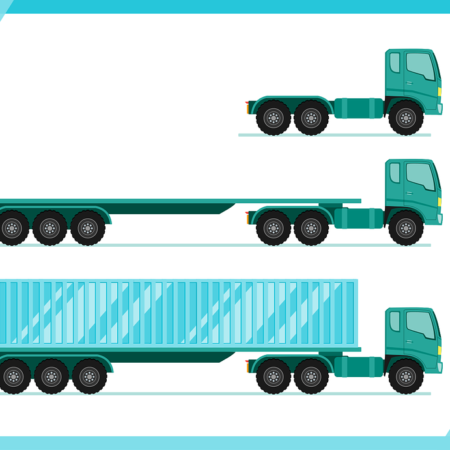If you have an idea about starting a distribution business, there are a lot of things you will need to get things started. There is a huge amount of opportunity in this area – especially with the rise of eCommerce stores and the astonishing amount of import businesses springing up these days – but you have to be prepared if you want to take advantage. Here are a few tips on how to get started.
A Reasonable Amount of Money
It should go without saying, but one of the most basic points to remember is that money is going to be essential if you want to start a distribution business. You’ll need anything between $10,000 to $70,000 to get things kicked off with a reasonable chance of success – and the reality is that, perhaps, that figure will be even more. Obviously, this will take a big chunk of cash, so you will need to raid your savings if you plan to fund this enterprise yourself. However, as long as you have a squeaky clean credit rating, it’s probably best to go to the bank for help – assuming you also have a good business plan, of course, which we will take a look at right now.
A Solid, Unimpeachable Business Plan
You must have a robust plan of action if you want to start a distribution business – and the reality is that you need some fairly targeted ideas of the areas you want to serve. The truth is that you simply can’t be a jack-of-all-trades in the distribution field, and it will be necessary to make a decision on the type of commercial product you will be holding in your inventory – and shipping. Each industry areas will expect you to have a different approach to your setup. For example, a frozen food distribution service will have vastly different needs to a distribution company storing and shipping electronic goods.
A Ready-To-Go Custom Base
Another cold, hard truth about distribution businesses is that you can’t set up and sit around waiting for customers to turn up and decide they like the look of your warehouse. You need to start getting people on board before you open. A good place to get started on your search looking for customers is in the local trade directory – and even in your local newspaper business section. Seek out small businesses that are looking to expand. They might be facing problems storing everything they sell and stock on their premises, which is a typical problem for a business that wants to grow but simply doesn’t have the money or means to invest in their own warehouse. The start-up costs of opening your own distribution centre are just too much to bear for the vast majority of small companies to consider.
Equipment, Licenses & Vehicles
Equipment will be a major investment, of course, although wholly dependent on the size of your operation. You will need to consider investing in things like forklift trucks, storage units, industrial shelving and even some type of inventory control system. You may even need some kind of moisture control for your warehouse, too – if you are storing electronics good, for example. Don’t forget that you will need to apply for licenses for anything that needs them in your distribution centre, so check your local legal requirements to make sure you comply with them. Finally, don’t forget about your fleet. These days, it’s advisable to set up all your vehicles with telematics, which are great for keeping tabs on your drivers as they deliver goods to their destination. Insurance will be critical, too.
The Importance of Logistics Expertise
Again, hiring employees will largely depend on what you are doing for trade. But no matter what goods you are shipping, if you are moving things around and through a distribution centre and out to a multitude of destinations, it is advisable to ensure you hire a well qualified and experienced logistics expert. You need a someone to control the flow of inventory in and out of your business, at the best possible efficiency. Your whole business is reliant on logistics, so don’t skimp on hiring someone who can bring an experienced and knowledgeable eye for detail to the table.
The distribution business can be a successful venture if you know your market. There is a significant capital investment required, of course, but take that out of the equation and your ability to store, care for, and move goods in the most efficient way possible will be the indicators of success.
